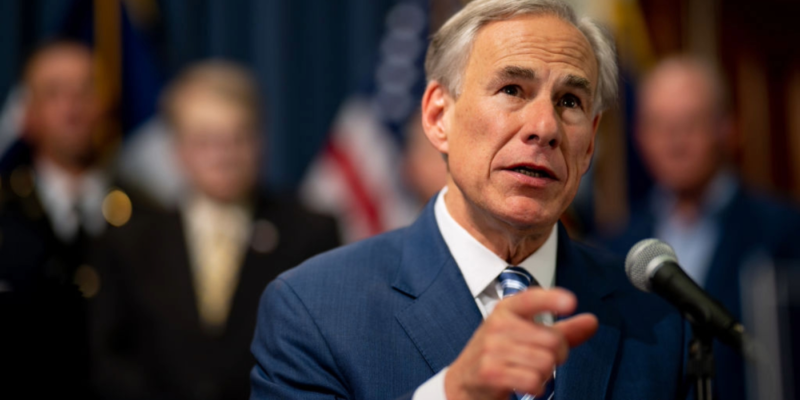Governor Greg Abbott (R) has signed House Bill 128, Senate Bill 17, and Senate Bill 1349 into law, aiming to curtail the influence of hostile foreign adversaries within the state. This includes China, Russia, Iran, and North Korea. The measures impose strict limits on foreign ownership of land and critical infrastructure, while also criminalizing transnational repression.
"It is very simple. Hostile foreign adversaries... must not be allowed to own land in Texas," Abbott said during a ceremonial bill signing. "They should not be allowed access to our critical infrastructure, and they may not be allowed to exploit our border."
Senate Bill 17, introduced by Sen. Lois Kolkhorst (R) and Rep. Cole Hefner (R), prohibits certain foreign governments, entities, and transnational criminal organizations from acquiring real estate in Texas. The state introduced this measure to protect its land and infrastructure from potential national security threats posed by hostile foreign actors.
Senate Bill 1349, authored by Sen. Bryan Hughes(R) and Rep. Janie Lopez, creates a new criminal offense for acts of transnational repression, including surveillance or intimidation carried out on behalf of foreign powers. The bill also directs law enforcement agencies to undergo a new training program to identify and respond to these threats effectively.
Members of the Texas Senate and House, including the bills' sponsors, attended the signing. The legislation responds to growing concern about foreign governments buying land near military sites. This issue affects several U.S. states
















